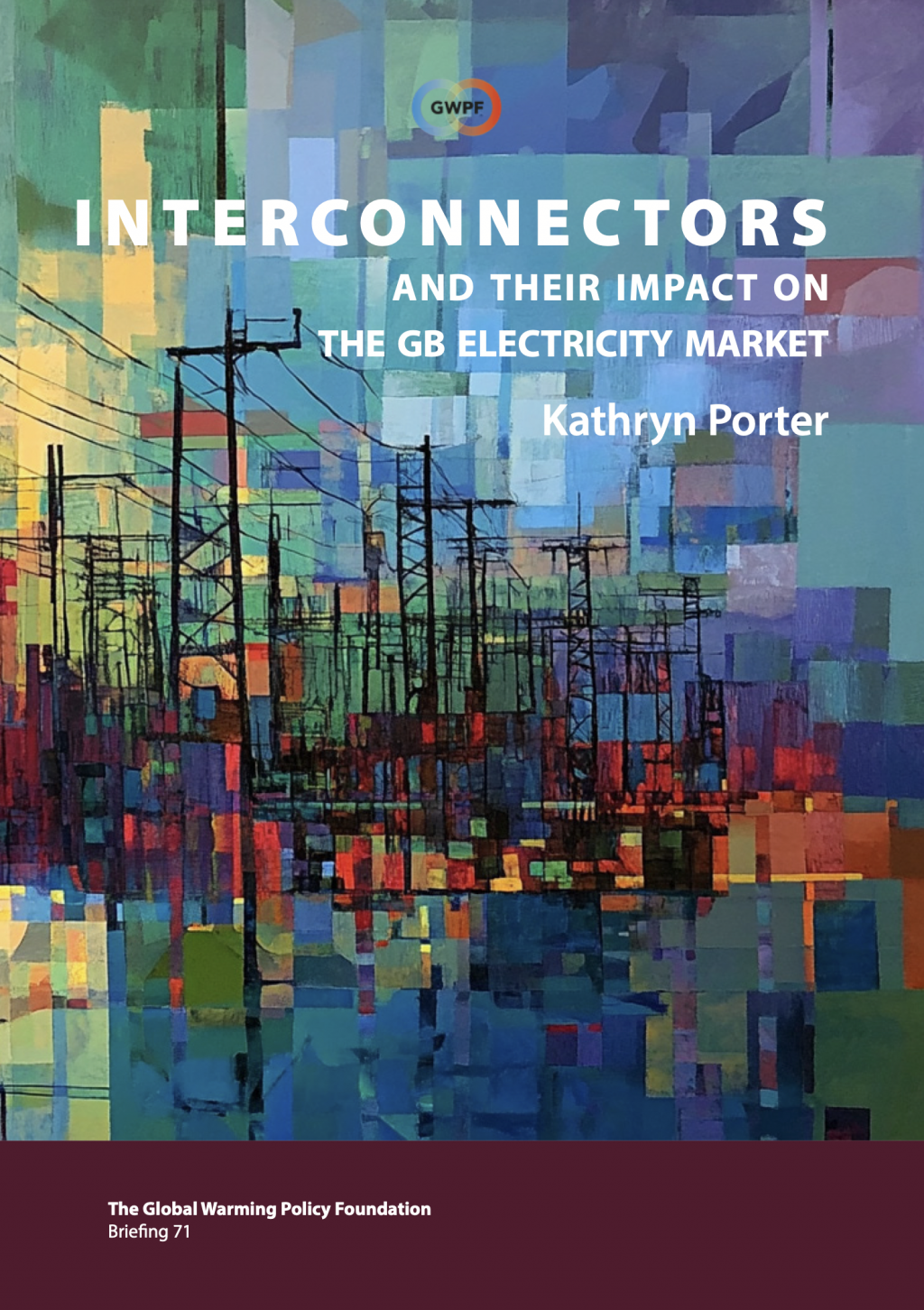A new paper from the Global Warming Policy Foundation shows that the cost of offshore wind power is high and barely falling.
Since 2017, renewables advocates have argued that offshore wind power is now very cheap. However, closer examination of their claims reveals a different story.
As the report’s author Andrew Montford explains:
“In fact, if you read the small print, renewables advocates are only saying that windfarms coming on stream after 2018 will be cheap. But we now know this is not true. Windfarm developers announce their budgets before they start work, so we can see that almost all the forthcoming developments are just as expensive as anything built in the last few years [2]. Even if these new windfarms perform much better than the older ones, they are only going to give us slightly cheaper power.”

Montford also points out that the renewables advocates’ claims are already falling apart:
“We are starting to get data for the first of these allegedly cheap windfarms. Beatrice, commissioned in the Moray Firth in 2019 is supposed to be 40 or 50% cheaper than other recent windfarms, but we now know for sure that its capital costs were higher than the average, while its operational performance is only marginally better.”
The GWPF study is the third recent review of the accounts of the UK’s offshore wind fleet to find little if any sign of cost reductions [1]. The levelised cost (LCOE) remains 3-4 times that of a gas turbine running flat out.
Nevertheless, the public has been sold a different story, as Montford explains:
“The man in the street believes that wind power is cheap, because that’s what the media reports and it’s what the government tells him too. But hard data, from audited financial accounts, shows that it’s not true. Environment correspondents and ministers need to come clean with the public.”
Andrew Montford: Offshore wind cost predictions and the cost of outcomes (pdf)
Notes
[1.] The others were J Aldersey-Williams et al. Better estimates of LCOE from audited accounts – A new methodology with examples from United Kingdom offshore wind and CCGT. Energy Policy 128 (2019) 25–35, and G Hughes, Wind Power Economics Rhetoric & Reality, Renewable Energy Foundation, 2020.
[2.] The possible exceptions are the Dogger Bank windfarms. These are built in shallow waters, so will apparently be relatively cheap to install. However, at 120-200km offshore, operational and maintenance costs are likely to be high.



